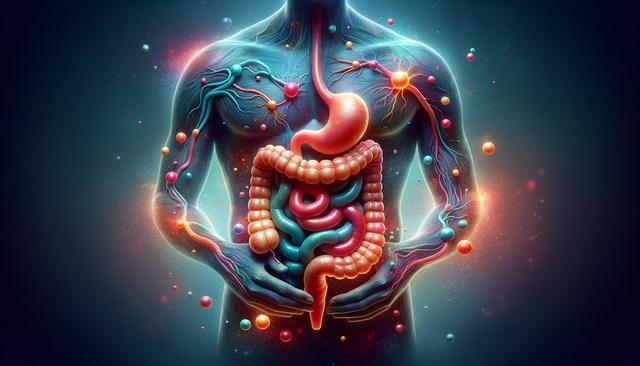Understanding What Is Irritable Bowel Syndrome
Irritable Bowel Syndrome, commonly known as IBS, is a chronic gastrointestinal condition that affects the large intestine. For those wondering what is irritable bowel syndrome, it’s a functional disorder, meaning it impacts how the gut works rather than causing structural damage. IBS is characterized by a group of symptoms that vary from person to person, making diagnosis and treatment a personalized process. While the exact cause remains unknown, factors such as stress, diet, and changes in gut bacteria often contribute to its development. Recognizing the condition early and working with a healthcare provider can help manage symptoms and improve quality of life.
Recognizing the 4 Symptoms of IBS
The condition is often identified based on recurring symptoms. Understanding the 4 symptoms of IBS can help individuals seek timely medical advice. These primary indicators include:
- Abdominal pain or cramping, often relieved by a bowel movement
- Changes in bowel habits, such as diarrhea, constipation, or alternating between the two
- Bloating and excessive gas
- Mucus in the stool
These symptoms can range in intensity and may fluctuate over time. It’s essential to note that IBS does not cause permanent harm to the intestines, but it can significantly impact everyday life. Keeping track of symptoms and their timing can help healthcare providers tailor a more effective treatment plan.
How to Soothe IBS Flare Ups Effectively
Managing flare-ups is key to living well with IBS. Learning how to soothe IBS flare ups involves a combination of lifestyle adjustments and symptom-focused strategies. Some helpful approaches include:
- Applying a warm compress to the abdomen to reduce discomfort
- Practicing relaxation techniques such as deep breathing or gentle yoga
- Staying hydrated with water and avoiding caffeine and alcohol during flare-ups
- Temporarily adjusting your diet to bland, easy-to-digest foods
In addition to these measures, stress management plays a critical role since emotional stress can aggravate symptoms. Cognitive behavioral therapy and mindfulness practices have shown promise in reducing the frequency and severity of flare-ups for some individuals.
Choosing the Best Diet for IBS Relief
Diet plays a crucial role in managing IBS symptoms. While there is no one-size-fits-all solution, many people find relief by identifying and avoiding the common triggers of IBS through dietary changes. The best diet for IBS relief often includes:
- Low-FODMAP foods, which are low in fermentable carbohydrates
- High-fiber foods for those with constipation-predominant IBS (introduced gradually)
- Lean proteins and cooked vegetables
- Plenty of fluids to support digestion
Keeping a food diary can help identify individual intolerances. Some commonly problematic foods include dairy, gluten, beans, and artificial sweeteners. Consulting a dietitian familiar with IBS can provide a structured plan and help prevent nutritional deficiencies while managing symptoms.
Finding Support Through Probiotics and OTC Options
Supplemental options like probiotics for IBS support have gained attention for their potential to aid gut health. Probiotics are beneficial bacteria that may help balance the gut microbiome, which is often disrupted in individuals with IBS. Different strains may offer relief for different symptoms, so it’s advisable to consult a healthcare provider before starting any supplement.
Additionally, over the counter IBS relief products are commonly used to manage daily symptoms. These may include:
- Anti-diarrheal medications
- Fiber supplements
- Antispasmodics to reduce cramping
- Gas-relief tablets
While these options can be helpful, they are generally most effective when used alongside dietary and lifestyle changes. Long-term reliance on OTC medications without addressing underlying triggers may provide limited benefit. A holistic approach combining medical support, dietary management, and mental well-being tends to offer more sustainable results.
Conclusion: Taking Control of IBS
Understanding and managing irritable bowel syndrome requires a comprehensive approach. From recognizing the 4 symptoms of IBS to learning how to soothe IBS flare ups, patient awareness plays a central role. Identifying the common triggers of IBS and adopting the best diet for IBS relief can significantly reduce discomfort. Supportive tools such as probiotics for IBS support and over the counter IBS relief options can also complement these efforts. While living with IBS may involve ongoing adjustments, informed choices and consistent self-care can help individuals regain comfort and confidence in their daily lives.




Leave a Reply